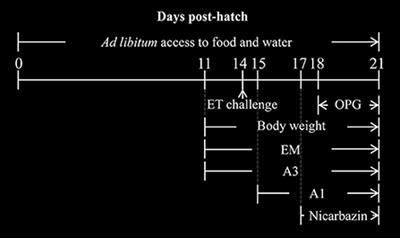EDITORIAL
Published on 09 Sep 2024
Editorial: Green Veterinary Pharmacology and Toxicology: a “One Health” Approach milestone
doi 10.3389/fvets.2024.1476877
- 626 views
8,272
Total downloads
75k
Total views and downloads
EDITORIAL
Published on 09 Sep 2024
ORIGINAL RESEARCH
Published on 16 Aug 2024
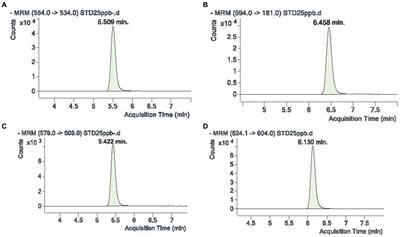
ORIGINAL RESEARCH
Published on 07 Feb 2024
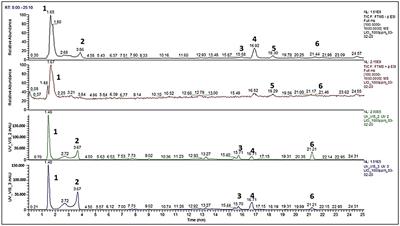
ORIGINAL RESEARCH
Published on 10 Aug 2023
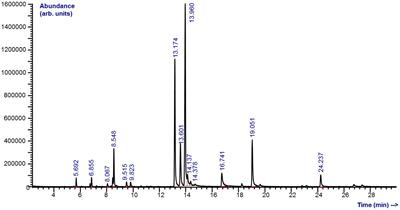
REVIEW
Published on 19 Jun 2023
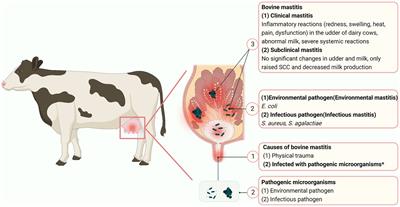
ORIGINAL RESEARCH
Published on 30 May 2023

ORIGINAL RESEARCH
Published on 28 Feb 2023
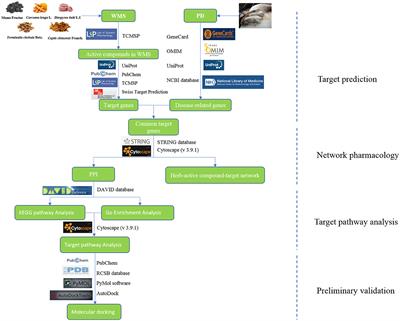
ORIGINAL RESEARCH
Published on 15 Dec 2022
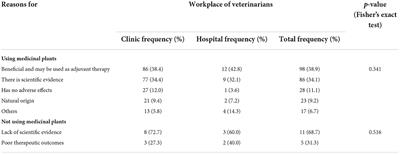
ORIGINAL RESEARCH
Published on 23 Nov 2022
